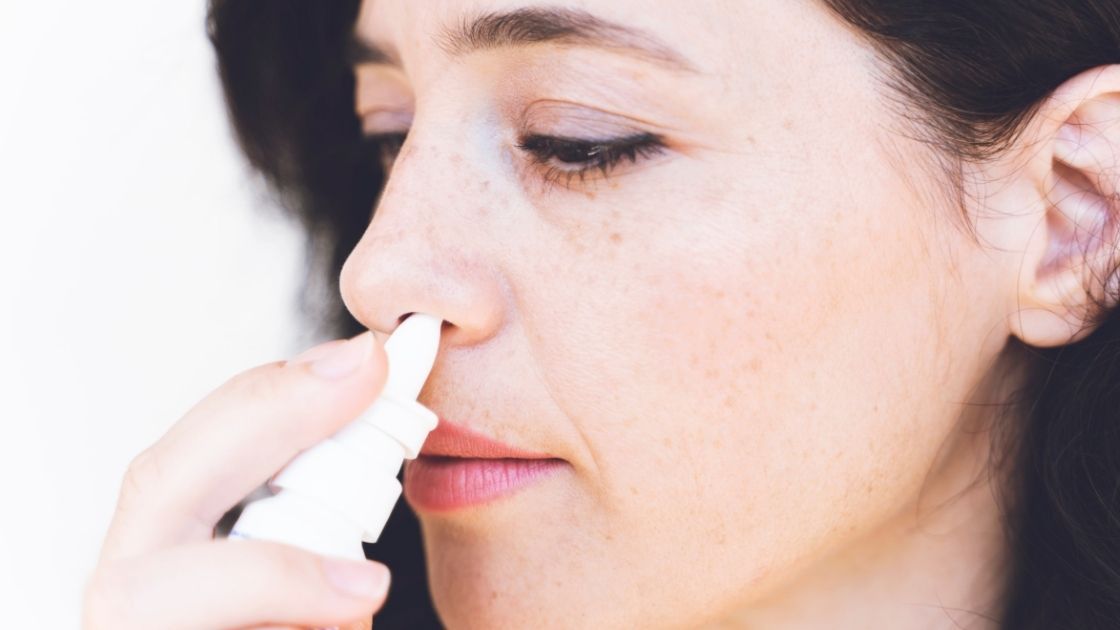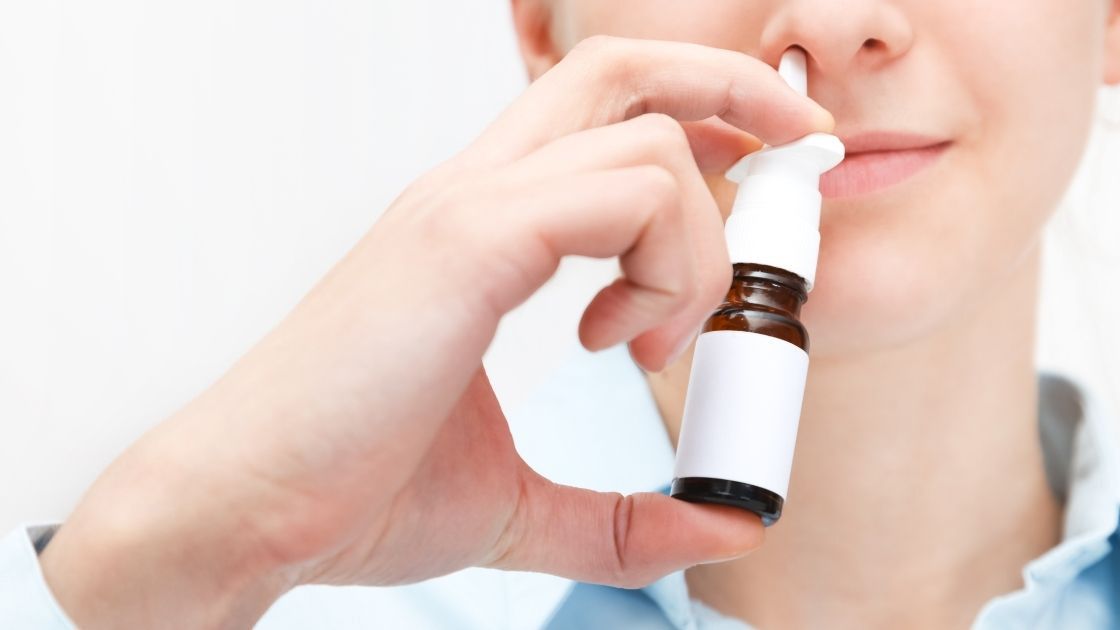High Volume Nasal Irrigation Aids Topical Steroids to Access the Sinus Mucosa in Chronic Rhinosinusitis
Chronic Rhinosinusitis (CRS), which is associated with multiple causes, is a common illness that makes millions of people from different parts of the globe suffer. CRS poses a profound impact on the quality of patients’ lives due to its disturbing symptoms on top of the huge cost in treating the underlying cause.
Since the nasal and sinus mucosa are persistently inflamed, nasal steroid sprays have been used for the relief of CRS especially after surgery. However, in a clinical review published in the International Forum of Allergy & Rhinology, Dr. David Jang and his fellow researchers noted that nasal steroid sprays may not deliver adequate amounts of medication to the postoperative sinus cavity. In this study, they compared the condition of the patients when on high volume steroid nasal irrigation versus off-irrigation periods using conventional nasal steroid sprays only. It was found that patients had worsening of symptoms when they were not on high volume steroid nasal irrigation.
Dr. Auddie Sweis and a team of researchers also did a retrospective chart review of 90 patients with chronic rhinosinusitis to evaluate steroid nasal saline irrigation using budesonide or mometasone prior to surgery. In this study published in May 2020 at the International Forum of Allergy & Rhinology, Dr. Sweis and colleagues found that after a trial of steroid nasal irrigation, 64.4% had significant improvement enough to avoid surgery.
The use of devices that deliver large volume with positive pressure irrigation aids topical steroids to effectively access the sinus mucosa. This also provides an efficient lavage through enhanced mechanical removal of mucus, bacteria and inflammatory agents.
Findings from the study by Dr. Kornkiat Snidvongs and colleagues published in the International Forum of Allergy & Rhinology supported the strategy of utilizing high volume delivery system for irrigation to ensure that intranasal corticosteroids are appropriately delivered to the sinus mucosa. The study was done on 111 patients with CRS who underwent Endoscopic Sinus Surgery (ESS) and found that intranasal corticosteroid is an effective therapy when appropriately delivered using a high-volume delivery system.
In a controlled trial published in May 2020 in the Indian Journal of Otolaryngology Head and Neck Surgery, Dr. Maheshbabu Thanneru and his colleagues showed that in patients with chronic allergic rhinosinusitis who underwent surgery, the use of budesonide nasal irrigation after surgery led to significant reduction of symptom scores by an average of 70% compared to the 44% reductions seen in patients who just had standard care after surgery.
In July 2020, a controlled trial by Dr. Lisa Cherian and colleagues which was published in Rhinology compared the oral steroid prednisolone, nasally irrigated steroid budesonide, and the oral antibiotic doxycycline for patients with chronic rhinosinusitis. The results of treatment that lasted for 3 weeks revealed that clinical improvement was significant with both oral and irrigated steroid but not with the antibiotic doxycycline.
While some investigators have used saline solution as the vehicle in delivering topical steroids through large volume irrigation, some clinical experts recommend Ringer-Lactate as a more appropriate solution for sinunasal irrigation.
Murat Ünal and colleagues wrote in a study published in The Journal of Laryngology & Otology, “Ringer’s Lactate has a composition that more closely approximates the extracellular fluids and is more deserving of the adjective physiological”. It was explained that Ringer-Lactate, a solution composed mainly of Sodium Chloride, Potassium Chloride and Calcium Lactate Pentahydrate, closely mimics the body’s own extracellular fluid that bathes the cells. Ringer-Lactate solution has no negative effect on Ciliary Beat Frequency (CBF), which is one of the most important parameters of mucociliary clearance.
As emphasized in various clinical reviews, the treatment of CRS underscores not only the aim of reducing the underlying mucosal inflammation by corticosteroids, but also the overarching goal of restoring normal sinus physiology.
References:
Jang, D. W., Lachanas, V. A., Segel, J., & Kountakis, S. E. (2013). Budesonide nasal irrigations in the postoperative management of chronic rhinosinusitis. International Forum of Allergy & Rhinology.
Sweis AM, Locke TB, Douglas JE, et al. Management of chronic rhinosinusitis with steroid nasal irrigations: A viable nonsurgical alternative in the COVID-19 era.
Snidvongs, K., Pratt, E., Chin, D., Sacks, R., Earls, P., & Harvey, R. J. (2012). Corticosteroid nasal irrigations after endoscopic sinus surgery in the management of chronic rhinosinusitis. International Forum of Allergy & Rhinology.
Thanneru M, Lanke S, Kolavali S. The Effectiveness of Budesonide Nasal Irrigation After Endoscopic Sinus Surgery in Chronic Allergic Rhinosinusitis with Polyps. Indian J Otolaryngol Head Neck Surg.
Cherian LM, Bassiouni A, Cooksley CM, Vreugde S, Wormald PJ, Psaltis AJ. The clinical outcomes of medical therapies in chronic rhinosinusitis is independent of microbiomic outcomes: a double-blinded, randomised placebo-controlled trial.
Ünal, M., Görür, K., & Özcan, C. (2001). Ringer-Lactate solution versus isotonic saline solution on mucociliary function after nasal septal surgery. The Journal of Laryngology & Otology, 115(10).

